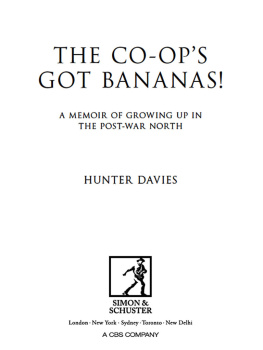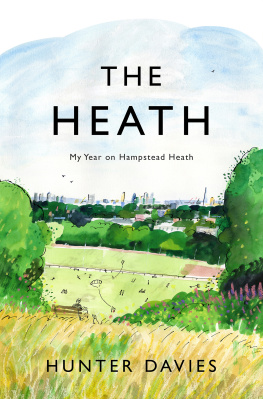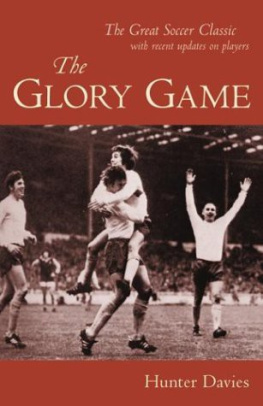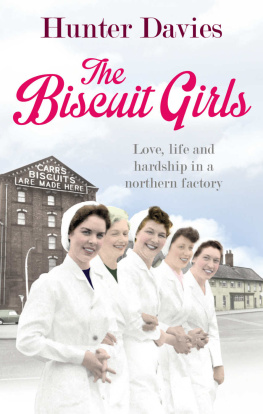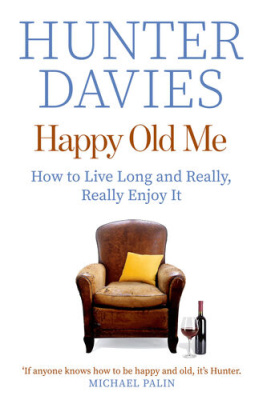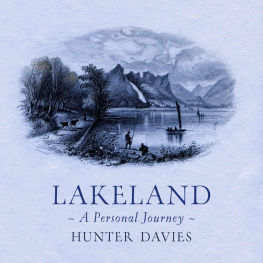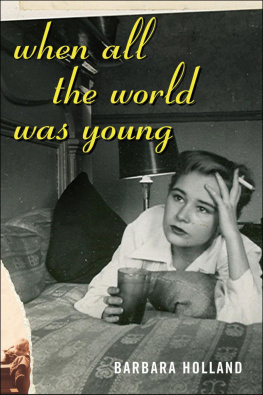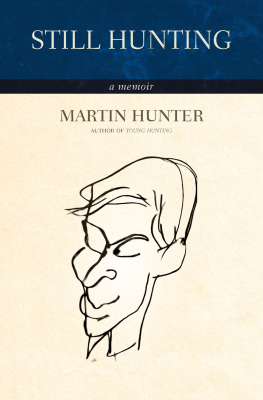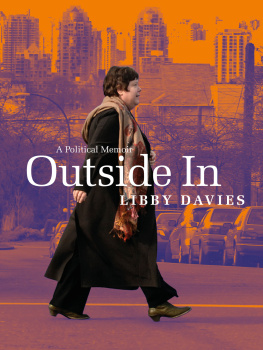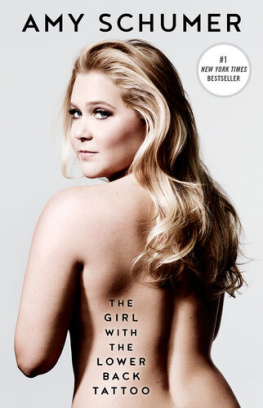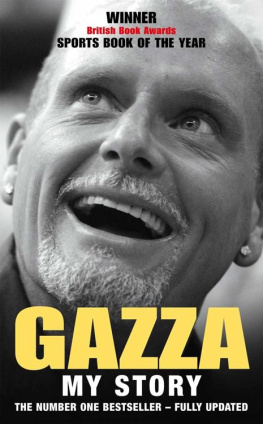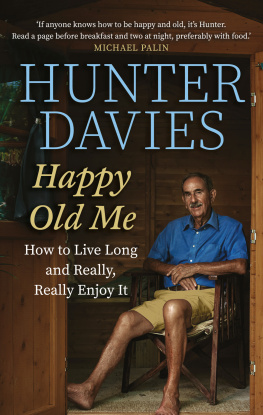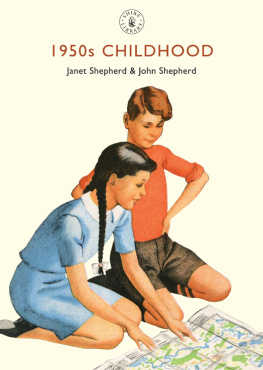THE CO-OPS
GOT BANANAS!
A selection of books by Hunter Davies
The Beatles: The Authorised Biography
The Glory Game
Gazza: My Story (with Paul Gascoigne)
A Walk Around the Lakes
William Wordsworth
Boots, Balls and Haircuts
The Eddie Stobart Story
The Beatles, Football and Me
The John Lennon Letters (ed.)
The Biscuit Girls
The Beatles Lyrics:
The Unseen Story Behind Their Music
First published in Great Britain by Simon & Schuster UK Ltd, 2016
A CBS COMPANY
Copyright 2016 by Hunter Davies
This book is copyright under the Berne Convention.
No reproduction without permission.
All rights reserved.
The right of Hunter Davies to be identified as the author of this work has been asserted by him in accordance with sections 77 and 78 of the Copyright, Designs and Patents Act, 1988.
Simon & Schuster UK Ltd
1st Floor
222 Grays Inn Road
London WC1X 8HB
www.simonandschuster.co.uk
Simon & Schuster Australia, Sydney
Simon & Schuster India, New Delhi
The author and publishers have made all reasonable efforts to contact copyright-holders for permission, and apologise for any omissions or errors in the form of credits given. Corrections may be made to future printings.
A CIP catalogue record for this book is available from the British Library
Hardback ISBN: 978-1-4711-5340-2
eBook ISBN: 978-1-4711-5342-6
Typeset in the UK by M Rules
Printed and bound by CPI Group (UK) Ltd, Croydon, CR0 4YY

Simon & Schuster UK Ltd are committed to sourcing paper that is made from wood grown in sustainable forests and support the Forest Stewardship Council, the leading international forest certification organisation. Our books displaying the FSC logo are printed on FSC certified paper.
To my dear wife, the best thing that ever happened to me...
I NTRO
On the morning of 9 October 1954, I woke up in a Norman castle. Quite a change from the previous eighteen years of my life which I had spent in a grim, unheated, crowded council house sharing a bed with my brother. We did have a bath and, no, we did not keep coal in it, but the bathroom was too cold to enter and anyway we had no hot water.
Quite normal, for those post-war years. Millions of us were in the same austerity boat and around half the population lived in rented or council property. My family circumstances were perhaps a bit bleaker and sadder than some, not that I was really conscious of it. It was just how it was, living like most of the neighbours seemed to live.
But now I had found myself in a suite of well-appointed rooms in an historic building, once the splendid home of Prince Bishops, today a World Heritage site. I had a bedder to make my bed, maids to serve me meals in the Great Hall, new words and phrases to understand, such as buttery, battels, Senior Man, JCR, SCR, sconcing, oaks up. A new life to learn, a new life to live. And it was all free. Even my train fare from Carlisle the day before had been paid for.
What was happening to me was not at all normal for an eighteen-year-old in the 1950s, a period when only 4 per cent of the population went to university. But again, I was not really conscious of this, of being in any sort of elite. It just seemed how it was, what you did.
All the same, I was a bit dazed and confused, not quite sure how I had got there. I just seemed to wake up that morning, my first day as an undergraduate at University College, Durham, open my eyes, and find myself there.
At breakfast in the Great Hall I tried to identify the accents of the others. I had not heard a southern accent before, not in the flesh, only on the radio, nor even Birmingham or West Country, and certainly never come across anyone who had gone to a public school. I wondered if my accent stood out.
The second and third year chaps seemed so grown-up, knowing all the ropes, swapping banter with Eddie the butler, flirting with the maids. Many did look incredibly mature, having done their national service, seen the world, fired guns, probably shot people. That was one thing hanging over me the thought of national service. At least I had three years ahead, safe in an ivory tower.
Carlisle and home was already another world, receding fast in my mind. Would I lose contact with my parents, my sisters and brother, move away emotionally, socially and culturally, forget all those eighteen years at home? Perhaps even be embarrassed by them?
When you are one of only a tiny percentage of lucky beggars you cant expect the remaining 96 per cent of the population to understand or sympathise with you. Not like today. Everyone and their aunty seems to go to uni today.
I was aware it could afford me opportunities and experiences denied to my own parents, and all their parents before them. Lets hope I didnt muck it up, fail my exams. Oh, the shame and ignominy for my mother.
At dinner that night, in the Great Hall, wearing my gown, listening to the Latin grace being read by one of the scholars, I was on a table with about twelve other first years, first days, all my age. I realised, looking round and listening, that they were mostly like me. From their conversations about their sixth forms and A-levels, they appeared to have come from the same sort of grammar schools. Despite one or two being louder and more boastful than the others, they were apprehensive, nervous.
It suddenly struck me, seeing myself in them, as them, that for the first time in my whole life I was with people all beginning at square one. We were all equal, more or less, poised on the same starting block. Until then, for various reasons, I had always felt an outsider, behind the others.
Surely that had to be a good thing. But where might it lead, if I survived my student years? Would I manage to find something to do with my life? Six years ahead, say, at the end of the decade, finally fleeing the fifties, what would have happened to me? In 1960, what would I be, who would I be, where would I be living, and with whom?
F AMILY B ACKGROUND
I am going back to the Highlands, my mother used to say towards the end of her life. She never lived in the Highlands, but only visited now and again as a child, so I cant believe she had many memories, just images she had been told about, fantasies which had gathered in her mind.
I am going back to Australia, she also used to say, right towards the very end. She had never been to Australia, so goodness knows where that had come from.
There are places we remember from our lives, some have changed, some are gone, some might not even have existed.
I have decided, at long last, that I am going to go back to the place where I was born. So, obviously I have been there, in my life. I am now aged eighty, yet I have never been back to my birthplace which was Johnstone. I have been to other parts of Scotland, to Edinburgh for example, loads of times over the decades. And its not far, really, just a few hours on the train. What has been stopping me?
Is it prejudice, something I have against the place I was born? But how can it be, when I have never been and dont really know anything about it. When asked, I always say I am Scottish, because I am proud of it, pure Scots on both sides. And if Scotland had become independent in 2014 I would have applied for a Scottish passport, if they had ever got round to such things.
I suppose it is partly because I dont really know where it is that I was born. I know that factually I was born on 7 January 1936 in Johnstone in the county of Renfrewshire, which is near Paisley, not far from Glasgow. I have no image of Johnstone, let alone any memories. In my mind all these years I have seen Johnstone as a dot somewhere on the edges of the Greater Glasgow sprawl, part of the old urban, industrial Clydeside shipping heartland, once so dominant in Scottish and British life but now decaying and sad-sounding. Who would want to go there, unless they had to? After all, I left it when I was four. My family were just passing through.

